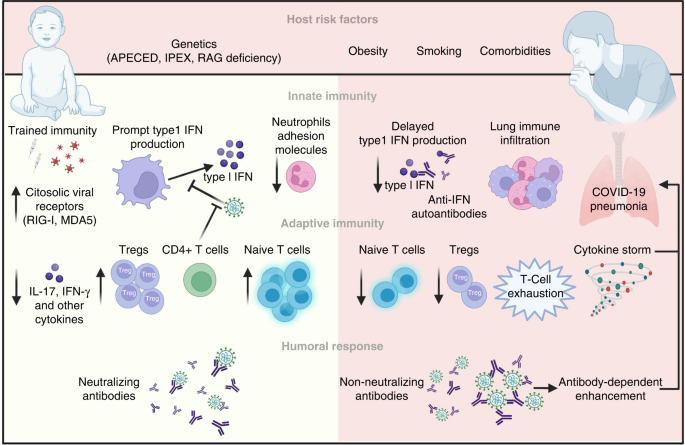Pandemic Restrictions Spark Debate Over Long-Term Societal Costs to Elderly and Children

Recent public discourse, highlighted by a prominent social media post, has reignited concerns over the profound and lasting impact of COVID-19 pandemic-era restrictions on vulnerable populations, specifically the elderly and children. The measures, implemented to curb viral spread, led to significant social isolation and altered daily life, prompting questions about their long-term consequences and accountability.
For the elderly, widespread hospital and care home visitor restrictions during the pandemic resulted in severe emotional and psychological distress. Studies indicate that policies, which in some cases mandated virtual goodbyes, contributed to increased loneliness, anxiety, and a decline in overall well-being among patients. A systematic review published in the International Journal of Nursing Studies highlighted that while technical solutions like video calls were appreciated, the negative consequences for patients, families, and healthcare providers were substantial, particularly in end-of-life care scenarios.
Children also faced unprecedented disruptions to their development and education due to school closures and social distancing. Remote learning, while a necessary adaptation, has been linked to increased anxiety, reduced attention spans, and challenges in social development. Research from sources like the Global Journal of Educational Thoughts and Michigan Medicine indicates that students experienced greater behavioral issues, social difficulties with peers, and a rise in mental health concerns, with some studies showing significant learning losses, particularly in mathematics. The World Bank estimates that 10-year-old children unable to read and understand a short age-appropriate text increased from 57% before the pandemic to an estimated 70% in 2022.
A critical perspective on the handling of these policies was recently voiced by "a newsman," who stated in a tweet, > "Not a single resignation or protest for recommending married couples of 70 years say goodbye to each other over zoom or destroying the childhoods of a generation of kids." This sentiment underscores a public frustration regarding the perceived lack of accountability for the non-health related impacts of the stringent measures.
The long-term implications of these policies continue to be a subject of ongoing research and debate. While necessary for public health, the trade-offs in social and emotional well-being for the elderly and developmental setbacks for children are becoming increasingly evident. Experts emphasize the need for comprehensive support systems to mitigate these enduring challenges and for future policy-making to balance public health imperatives with broader societal and individual well-being.